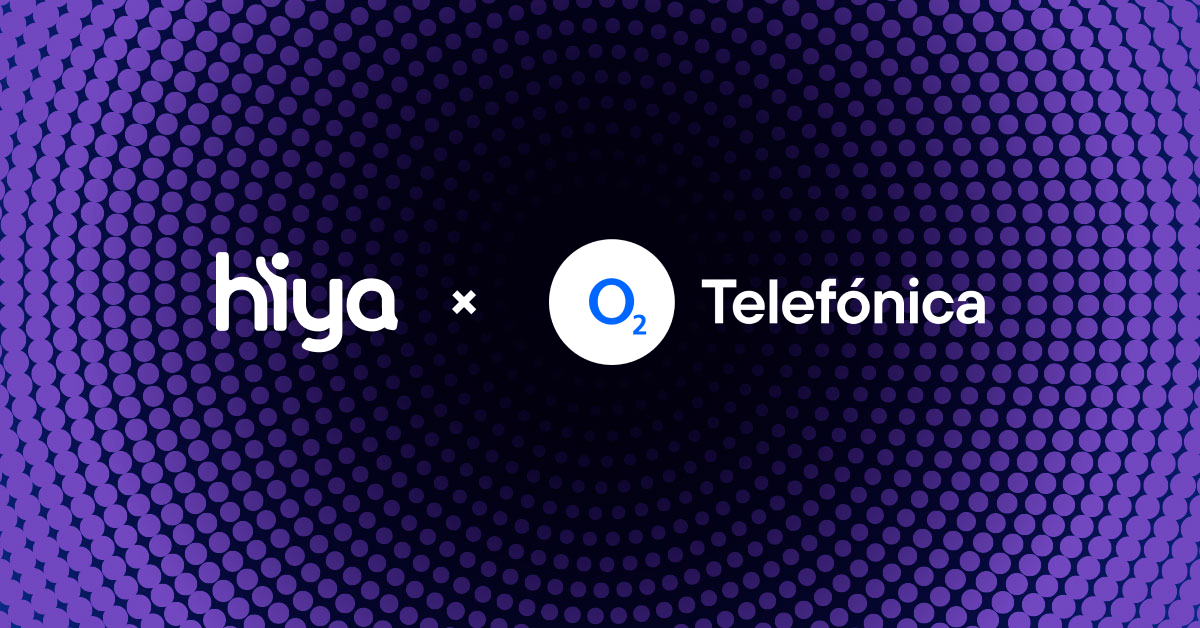.jpg)
Hiya’s data shows that Chinese-language phone scams remain one of the top three phone scams in Canada (along with Amazon and credit card scams).
These scams often begin with a robocall in Chinese that informs the recipient that there is some kind of problem and they need to speak to a representative to get more information. Here’s an example from Hiya’s honeypot, which captures transcripts of calls received by Hiya-owned phone numbers:
“Chinese Embassy voice notification: You have an important notice that you have not received. Please press 9 for inquiries.”
Many variations of Chinese-language scams
The Canadian Anti-Fraud Centre has warned citizens that the Asian community in Canada is being targeted with automated calls claiming to have an urgent message. They say the calls can be very intimidating and threatening, impersonating agencies such as the Chinese Consulate, the Beijing Police, or a delivery agency. The Anti-Fraud Center lists several variations, including:
- Customs stopped a suspicious package containing many bank cards and you are the subject of an investigation.
- There are fraudulent funds in your account and we need your banking information to verify.
- You must visit this police website to verify your identity and provide a copy of your passport.
Reports from Hiya users
Hiya analyzes user reports from consumers using Hiya Protect via their carrier, device manufacturer, or the Hiya mobile app. Here is a sampling of what users are saying:
“Scam caller pretending to be Chinese Embassy in Canada.”
“A recorded voice informed me the Chinese Embassy is going to cancel my visa because my entry and exit are abnormal.”
“Voice recording from Chinese Embassy to pick up important documents. The caller is a fraud and scam.”
Millions lost to scams
These scams are more than just annoying. News reports from Canada reveal that Canadians who speak Chinese are being swindled out of significant sums of money.
CBC, Canada’s national public broadcaster, reported in August that 12 Chinese post-secondary students in Waterloo were scammed out of $1.76 million by fraudsters impersonating law enforcement officers or courier companies. An officer from Waterloo’s financial crimes unit said that students are more vulnerable to the scam because they are isolated from family members and close relatives in their home country.
Chinese-language scams are not new, nor are they confined to Canada. In 2018, the US Federal Trade Commission posted an alert on its website warning citizens to beware of scammers impersonating the Chinese Consulate. Later that year, the Massachusetts Office of Consumer Affairs published a blog post saying that the Chinese Embassy scam was on the rise in Massachusetts. “If you answer and don’t speak the language, then chances are you’ll hang up,” said the blog post. “But for those who speak Chinese, this scam can be very scary.”
How to protect against scam calls
Carriers can add Hiya Protect, a complete call protection solution that enables carriers to protect their subscribers by blocking and labeling spam calls and helping them identify wanted calls. Hiya Protect recently added Personal Call Filtering, formerly known as Personal AI, which personalizes call protection to individual subscribers so they receive the calls that are important to them and are protected from targeted attacks.
With Hiya Connect, enterprises can improve customer engagement and loyalty while protecting their customers from deceitful interactions.Individuals can check with their phone carrier to see if it offers any spam/scam-blocking capabilities. If not, ask your carrier to consider adding Hiya Protect.



.jpg)